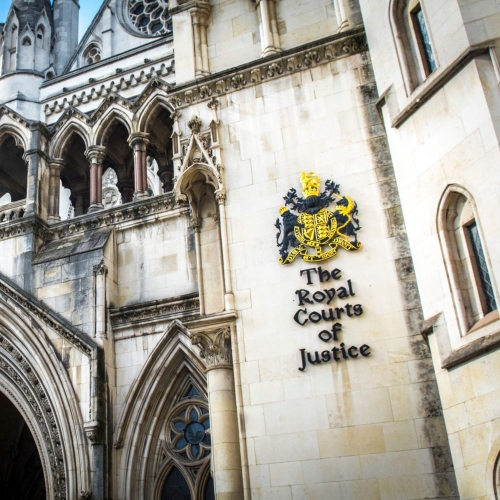Coronavirus (Protection of Assured Tenants) Bill
The Bill only covers tenancies within the Housing Act 1988 (“the Act”). It grants the courts a discretion when considering grounds for eviction which are currently mandatory, namely Ground 8 of section 8, and section 21, if it considers it reasonable to do so. In particular, in relation to section 21 (a no-fault eviction only applicable when the term has ended), the court would be required to consider whether the landlord is actually seeking possession of the property due to rent arrears. The court would also have to consider to what extent the arrears (or any part of them) were caused (or contributed to) by coronavirus.
Although in theory the Bill will greatly protect tenants of assured shorthold tenancies, how effective it will be in practice is questionable.
Ground 8 of section 8 would become a discretionary ground rather than a mandatory ground; it would be more efficient to simply render that ground ineffective to protect tenants, especially as Ground 10 and Ground 11 are already existing discretionary rent arrears-related grounds for eviction.
Further, when considering section 21 claims, the courts will be required to consider the extent to which the landlord is seeking possession due to rent arrears. However, the Bill does not offer any further explanation or guidance on how the courts should, objectively, reach such a decision. A landlord could simply claim that, despite the rent arrears, they have an alternative reason for wanting to proceed with possession orders and, if that was the case, the court’s discretion would be limited, rendering the Bill largely pointless.
In theory, the details outlined in the Bill as currently drafted can potentially offer further protection to tenants of assured tenancies. However, it seems that the lack of clear guidance and the absence of more drastic temporary changes will limit the practical effectiveness of the Bill.
LONDON
One Pancras Square
King's Cross
London
N1C 4AG
Phone: +44 (0) 207 846 4146
E-Mail: hello@hagenwolf.co.uk
Web: www.hagenwolf.co.uk
LEEDS
One Park Row
Leeds,
West Yorkshire
LS1 5AB
Phone: +44 (0) 113 856 0446
E-Mail: hello@hagenwolf.co.uk
Web: www.hagenwolf.co.uk
Hägen Wolf Limited (trading as Hägen Wolf) are solicitors of England and Wales authorised and regulated by the Solicitors Regulation Authority SRA Number 659328. Details of the Solicitors Code of Conduct can be found at www.sra.org.uk Hägen Wolf Limited is registered at Companies House No. 10830060. Registered Office: One Park Row, Leeds, LS1 5HN. We use the word 'partner' to refer to a shareowner or director of the company, or an employee or consultant who is a lawyer with equivalent standing and qualifications. *(by appointment only – we do not accept service at this address)
Contact us
Give us a call on 0330 320 1440 or send us an email at hello@hagenwolf.co.uk or fill in the boxes below and pop over a quick message and a member of the team will get back to you as soon as they're free.




